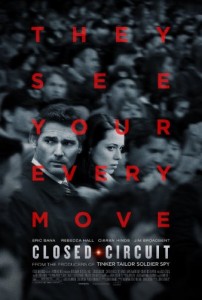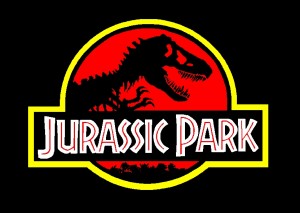Getaway
Posted on August 29, 2013 at 6:48 pm
 There’s dumb fun and then there’s just dumb. “Gateway” is closer to that second category, and worse, so forgettable that better title would be “Throwaway.” This one has 99 cent DVD bin all over it.
There’s dumb fun and then there’s just dumb. “Gateway” is closer to that second category, and worse, so forgettable that better title would be “Throwaway.” This one has 99 cent DVD bin all over it.
Ethan Hawke, believably seedy, plays a former race car driver awfully named Brent Magna. He was known for being both reckless and fearful and “wrecking expensive cars.” He and his wife now live in Bulgaria. He comes home on Christmas Eve to find that his wife has been kidnapped. If he wants to see her alive again, he must do exactly as he is told, starting with stealing a very fancy car and then driving it very fast. On the other end of the phone is a mysterious man with an unidentifiable but clearly villainous accent and a disturbingly genial tone that darkens when he becomes insistent and threatening.
We see only his mouth and stubble-covered chin as he sips a cocktail. Magna hears only his voice, directing him to undertake a series of seemingly random and very reckless tasks in the car, which has been equipped with every possible kind of monitoring device, including microphones, cameras, and a sort of high-end Lojack. The man listed in the credits only as The Voice tells him to speed through a park crowded with Christmas celebrants and crash into the dias. He tells Magna that if he tries to get help or is stopped by the police, he will kill Magna’s wife, who we see getting roughed up and tossed into a cell equipped with the obligatory stained mattress.
A teenage girl with a gun (Selena Gomez) tries to steal the car. Voice orders Magna to kill her. Magna cannot do it. Voice changes his mind and tells Magna to keep her in the car. Not that it made any sense before this point, but now is when it really goes off the rails. The girl is supposed to be something between the Dragon Tattoo hacker (with the hacker skills and bad manners but without the tattoos, piercings, and omni-sexuality) and Mackenzie Phillips in “American Graffiti” (with the attitude but without the shaving cream and Paul LeMat). Even if her crazy list of character traits made sense — did I mention she also happens to be the owner of the super-duper stolen vehicle? — Gomez would not be the actress to pull this off. Whenever she is called upon to show rage or toughness, she looks like she’s ordering a soda at the malt shop. Magna has principles about killing people. Until he doesn’t. And don’t get me started on the conveniently irrational and incompetent behavior of the police and the fact that everyone speaks English. Each subsequent twist piles on another layer of preposterousness. When Voice said there was only more more task, I was more relieved than Magna was.
“Getaway” wants to be “Die Hard” in a car. But it stalls in first gear.
Parents should know that this film has constant peril and violence including chases, explosions, crashes, and guns, characters in peril and minor characters injured and killed, frequent s-words and other bad language, criminal activity including extortion, kidnapping, and theft, drinking and scenes in bar
Family discussion: What evidence did you see of Magna’s recklessness and fear? What did he and the girl have in common?
If you like this, try: “Nick of Time,” “Cellular,” and “Phone Booth”




